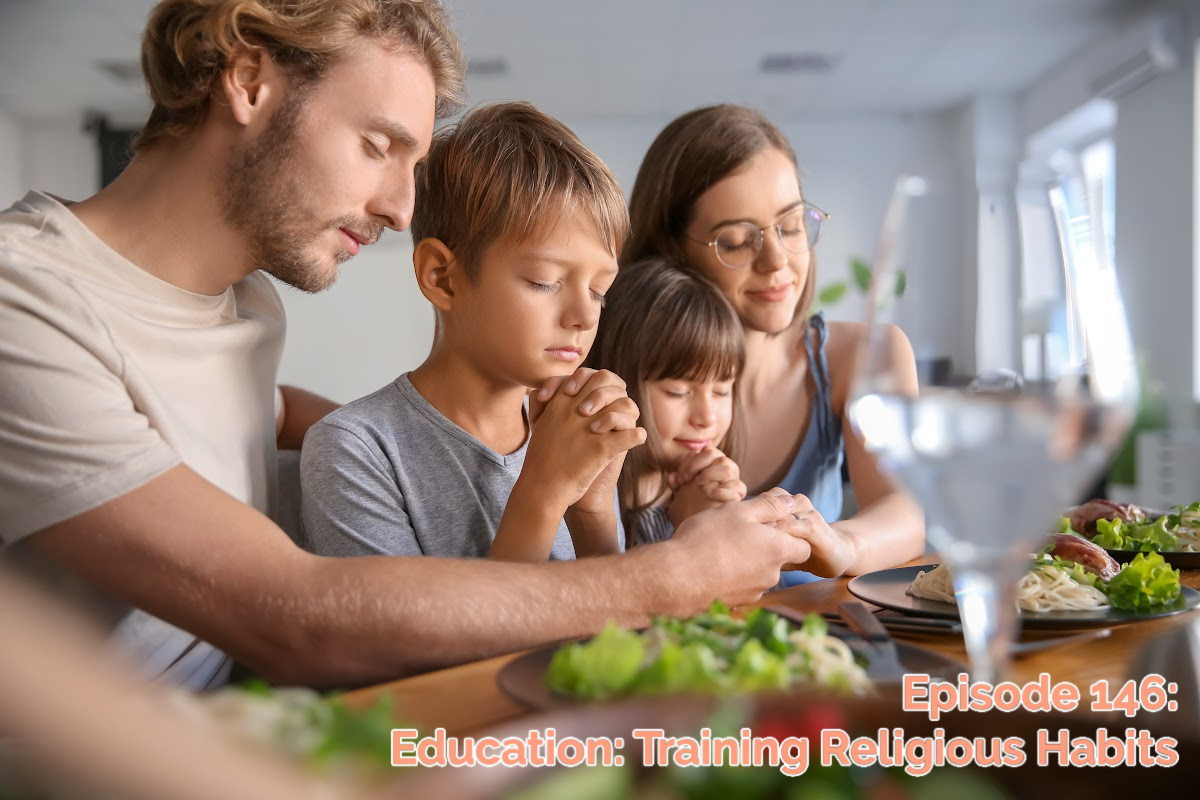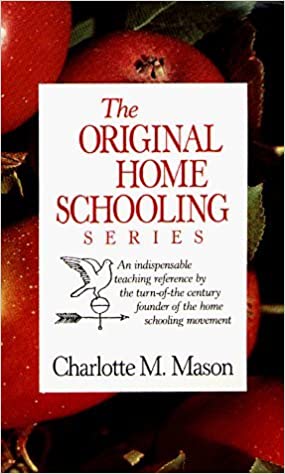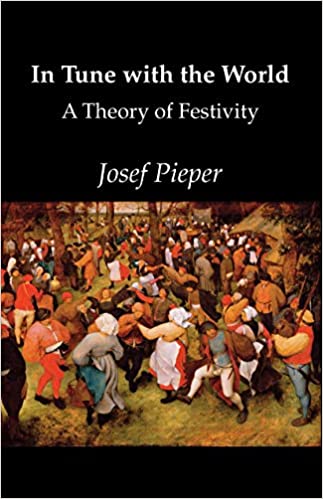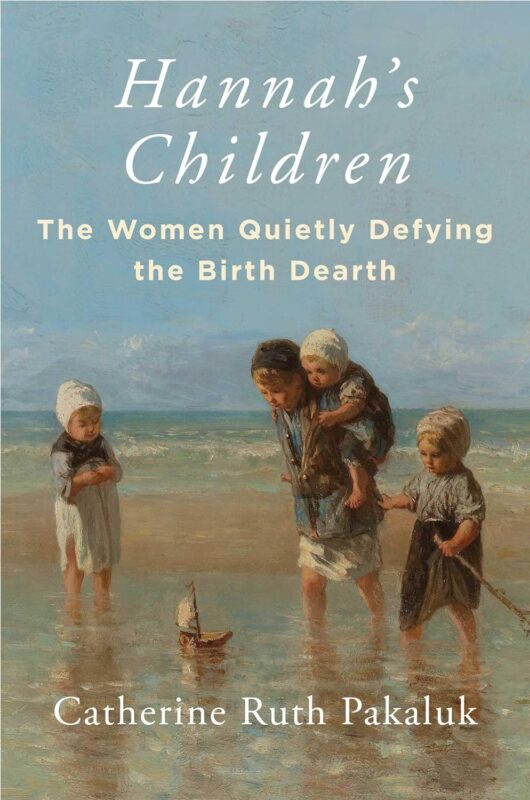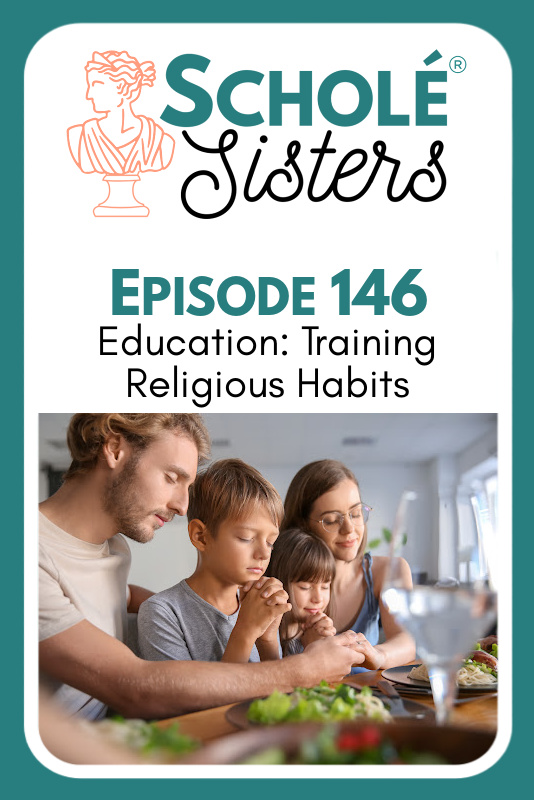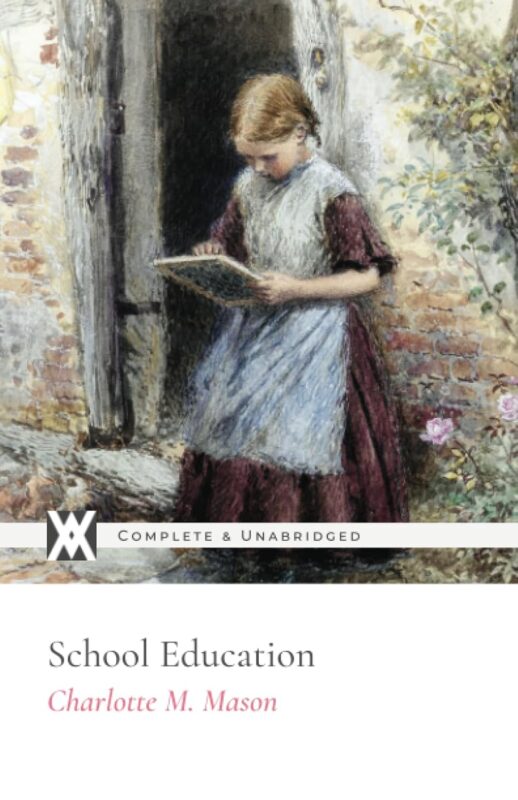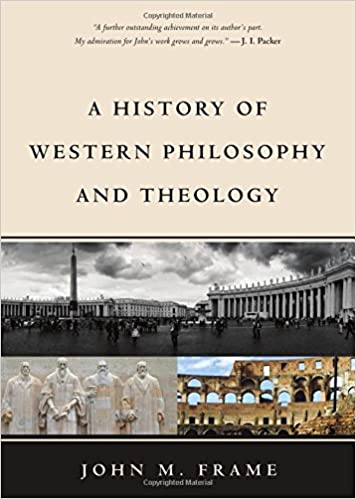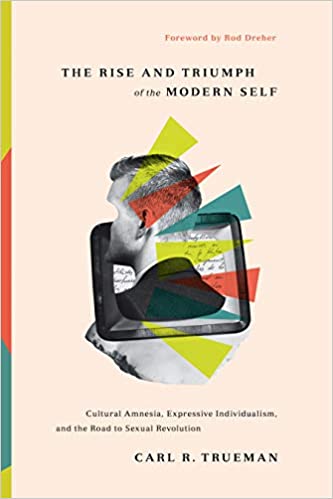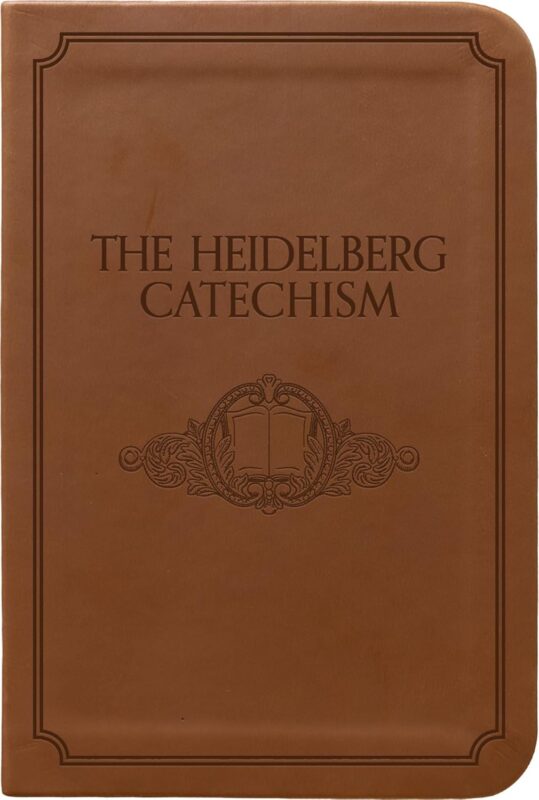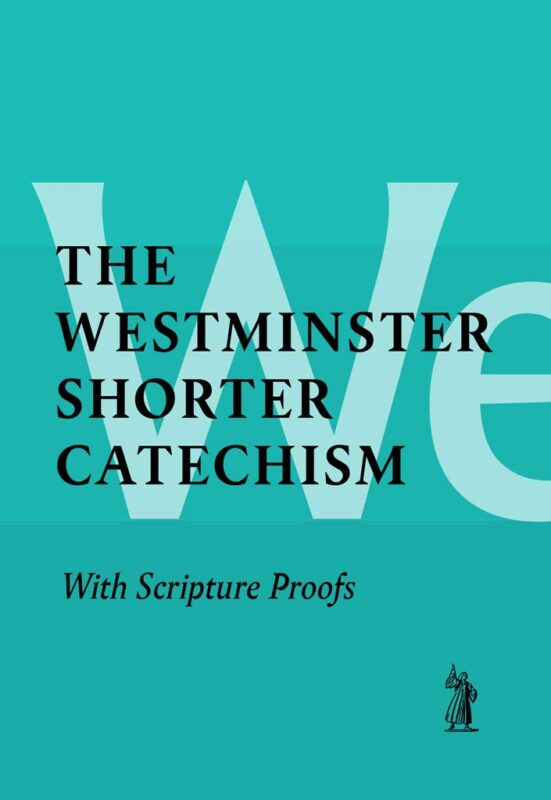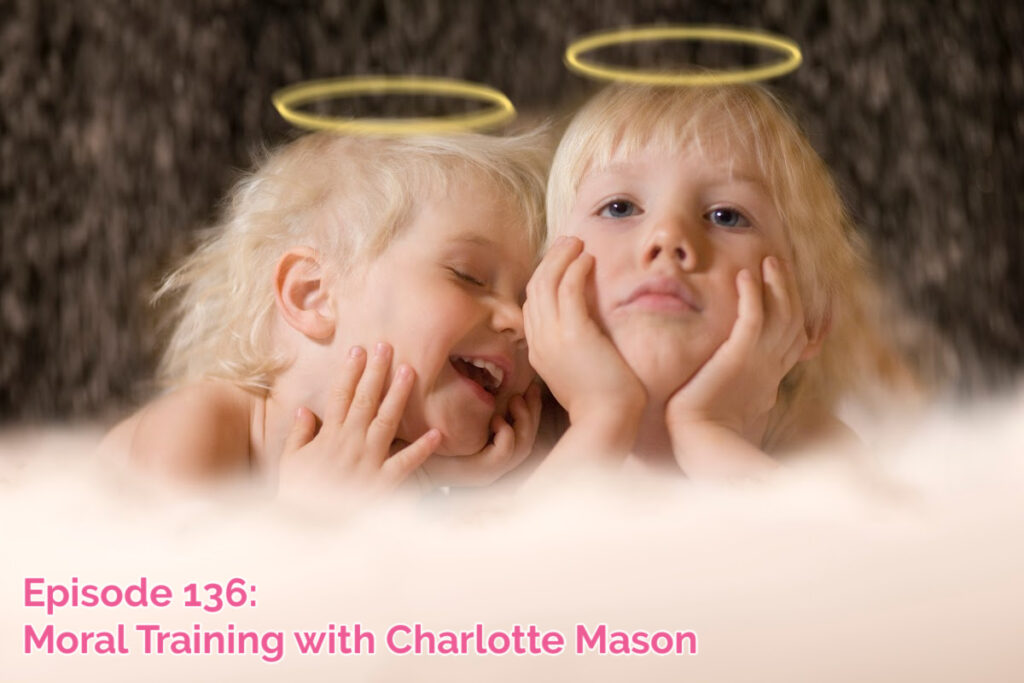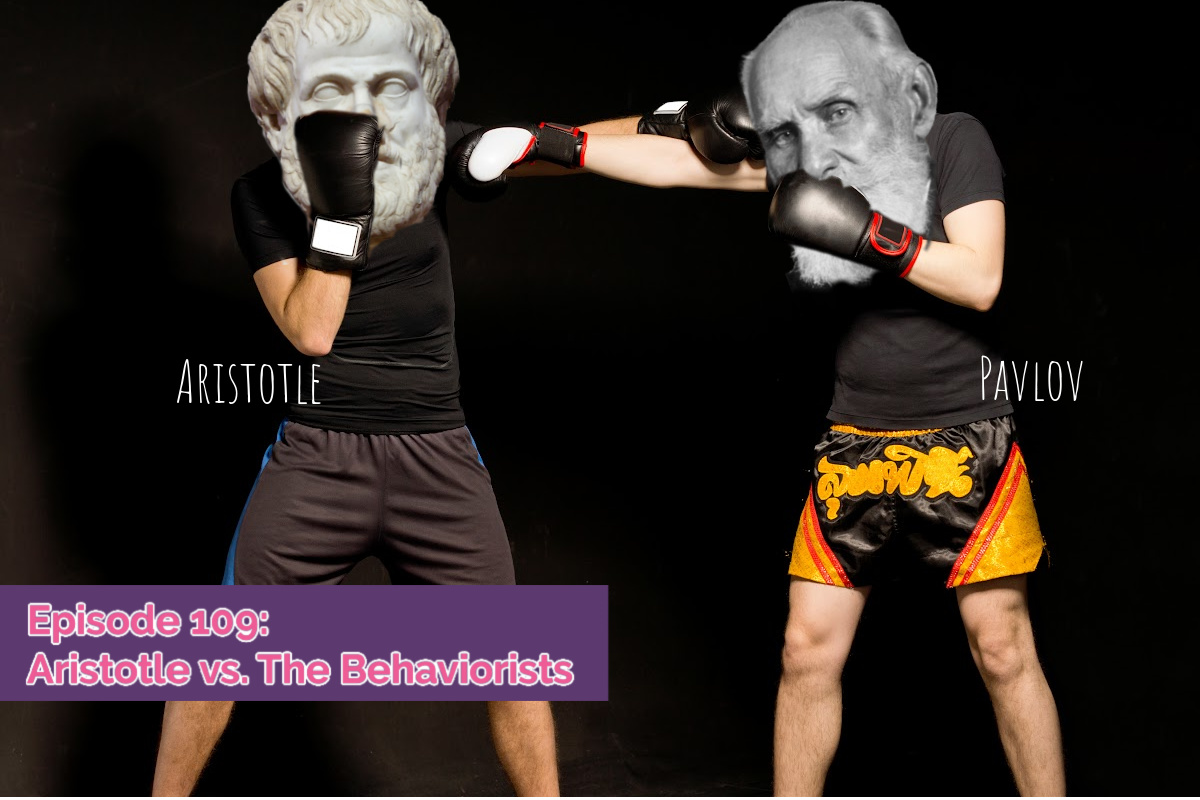SS#146: Religious Habits
Is religion the kind of thing that we can habit train? Are religious habits supposed to be part of our homeschool plan? If so, how so?
Is religion a bad word, along with piety? Don’t we just need Jesus and not religion?
Brandy, Abby, and Mystie tackle these questions and so much more in today’s episode!
Today is our last installment of the four part series we’ve been working on for about a year – we’re reading through and discussing 4 chapters from Charlotte Mason’s book, School Education.
We have done religious training, intellectual training, and moral training, and today we’re going to do RELIGIOUS TRAINING.
Habit Training with Charlotte Mason Series
Part 1: Episode #129 – Education: Physical Habits (with Charlotte Mason)
Part 2: Episode #132 – Intellectual Habit Training
Part 3: Episode #136 – Moral Training, Moral Habits
Part 4: Episode #146 – Religious Habits
Building the habit of religion
Today’s Hosts and Source
“It is said of the wicked that ‘God is not in all their thoughts.’ Of the child it should be said that God is in all his thoughts; happy-making, joyous thoughts, restful and dutiful thoughts, thoughts of loving and giving and serving, the wealth of beautiful thoughts with which every child’s heart overflows.
We are inclined to think that a child is a little morbid and precocious when he asks questions and has imaginings about things divine, and we do our best to divert him.
What he needs is to be guided into true, happy thinking; every day should bring him ‘new thoughts of God, new hopes of heaven.’ He understands things divine better than we do, because his ideas have not been shaped to a conventional standard; and thoughts of God are to him an escape into the infinite from the worrying limitations, the perception of the prison bars which are among the bitter pangs of childhood.
To keep a child in this habit of the thought of God––so that to lose it, for even a little while, is like coming home after an absence and finding his mother out––is a very delicate part of a parent’s work.”
Charlotte Mason, School Education
Scholé Every Day: What We’re Reading
Hannah’s Children: Stories of Women Quietly Defying the Birth Dearth, Catherine Ruth Pakaluk
Mystie is listening to this book because a friend recommended it and she is enjoying the stories as well as the author’s observations and connections.
Pinocchio, Carlo Collodi
Abby is reading this classic with her literature class and enjoying the morbid humor.
In Tune with the World, Joseph Pieper
Brandy is rereading this companion to Leisure alongside Babette’s Feast (for reasons you might soon uncover),
What is religion?
Religion defies simple categorization. Its etymology speaks to repeated actions, like retying bonds between oneself and the divine.
Historically, the concept of religion involved more than rituals; it signified a commitment to what is sacred—a conscientious connection with the divine.
This connection is not merely an obligation but a joyful tether, similar to historical monastic vows.
Problems with Religion
Modern secularism fosters skepticism about traditional religion, which influences Christian circles more than we realize.
The phrase “it’s not a religion, it’s a relationship” suggests a move away from organized practices and even historic theology.
Many groups of Christians often dismiss discussions on religious training as fake or unnecessary. The result? Afraid of seeming shallow or simplistic, people dismiss the importance of a faith that works.
Authority and Religion
Authority is central to religious practice, transforming duty into joy.
Charlotte Mason discusses authority not just as obedience but as an embrace of one’s place in a hierarchy, akin to a knight joyfully serving a king.
Our modern culture’s respect for individualism challenges this notion, often resisting authority and hierarchy.
Embracing religious authority shapes children and adults by instilling a sense of duty and loyalty rooted in divine reverence.
Religion v. Marxism
Not all churches have church membership, but I do think that it’s an important concept. We lose some of this idea of authority when we don’t have church membership, because it makes hierarchy clear.
It’s actually important to being tethered to know where you are in a hierarchy. Some of the ‘just me and my Bible’ is part of the uniquely American radical individualism that defies hierarchy.
If you defy hierarchy, then the only kind of authority left will be power structures, which is Marxism. So if we want to get out of everything being about power and out of Marxism in our culture, that’s going to require us to embrace hierarchy.
And I think church membership is one way to do that.
Mystie Winckler
Purpose of Religion
Religion aims to unite faith and practice.
People often struggle with the idea that salvation by grace seems at odds with the call to good works. Yet, as Charlotte Mason insists, religious practices should be natural outgrowths of faith.
Scripture emphasizes the importance of good works, and older spiritual sources argue persuasively for pursuing holiness.
Understanding God’s authority involves acknowledging both His rule and our duty to live in alignment with God’s Word.
Religion as a Discipline
Religious habits are essentially disciplines, merging intellectual and spiritual life in meaningful ways. The challenge lies in overcoming the splits created by modern society’s inclination to separate God from daily experience.
Rather than seeing God as irrelevant to our lives outside church, we should cultivate an ever-present awareness of His significance. This involves not only practices like church attendance but instilling habits that affirm His constant relevance.
The Habits of Religion
Religion thrives through habitual practice. Mason identifies crucial habits: the thought of God, reverent attitudes, regular devotions, Bible reading, praise, and Sunday keeping. These practices are not merely checkboxes but a holistic approach to worship.
Religious habits encourage believers to see every moment as an opportunity to engage with God’s authority, transforming both mundane and significant life events into acts of faith.
The thought of God: Mason suggests that consistently thinking about God helps cultivate a continuous awareness of His presence, influencing one’s actions and decisions in daily life.
Reverent attitudes: Practicing reverence involves showing deep respect and admiration for God, which can permeate interactions and demeanor, fostering a respectful and humble approach to life.
Regular devotions: Engaging in regular devotional practices, such as prayer or meditation, helps strengthen one’s spiritual connection and provides a routine space for reflection and spiritual growth.
Bible reading: Regularly reading the Bible is essential for understanding spiritual teachings, gaining wisdom, and staying grounded in faith principles.
Praise: Offering praise to God through prayers, hymns, or communal worship is a way to express gratitude and honor for His blessings and authority.
Sunday keeping: Observing Sunday as a day of rest and worship emphasizes the importance of setting aside time for spiritual reflection and community worship, maintaining a sacred rhythm in life.
Mentioned in the Episode
Listen to related episodes:
SS #136 – Moral Training, Moral Habits
SS #132 – Intellectual Habit Training
SS #129 – Education: Physical Habits (with Charlotte Mason)
SS #109 – Aristotle v. Behaviorists
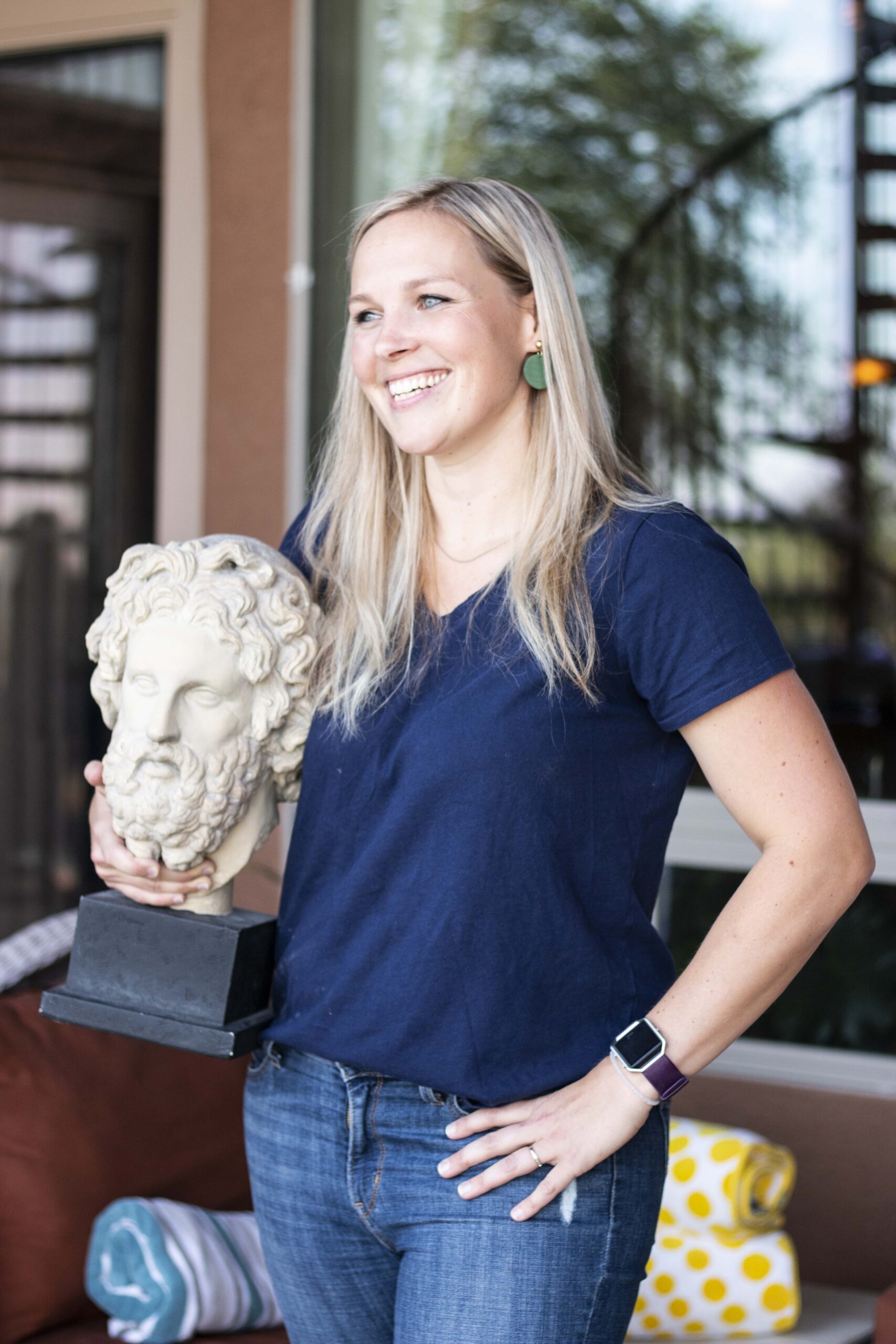
Be a part of the conversation!
Discuss this podcast with other moms inside Sistership.

